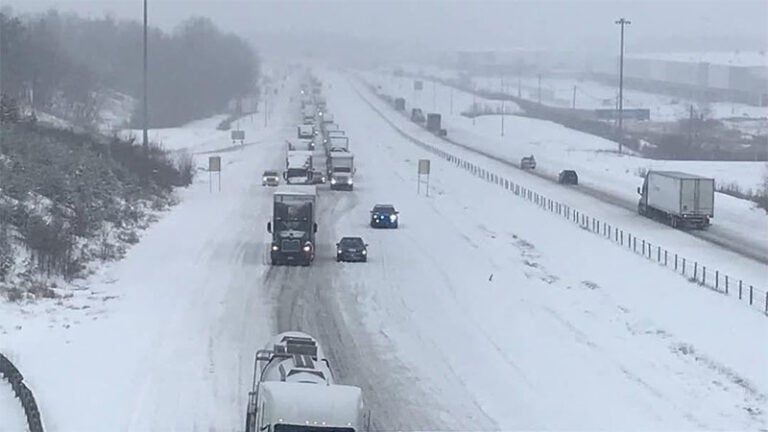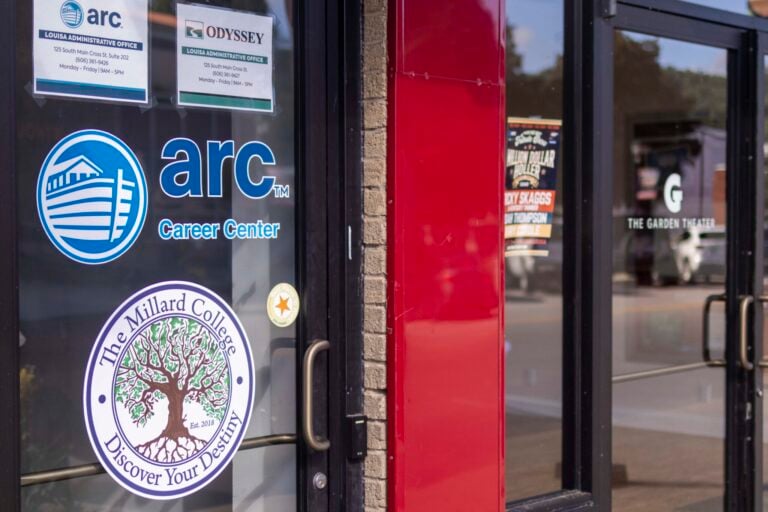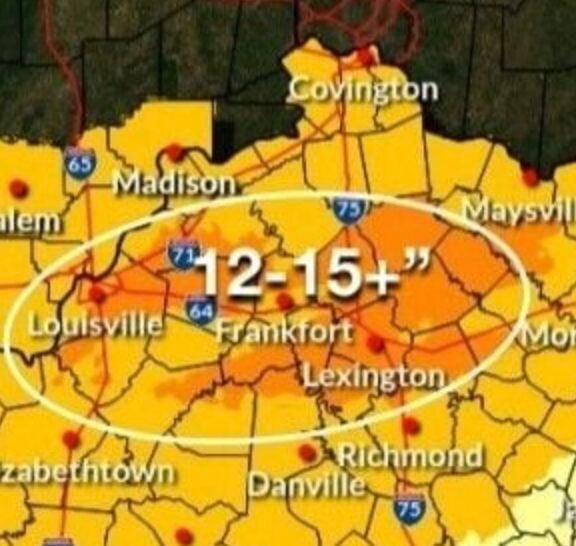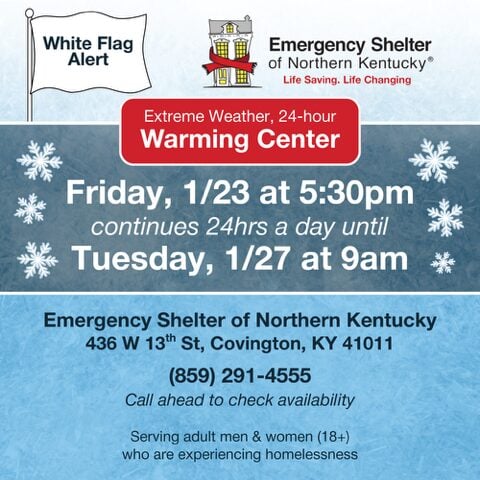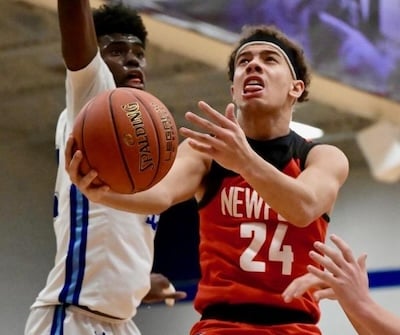Following a major natural disaster, contractors often move into neighborhoods impacted by storm damage. Unfortunately, not all contractors are the same, and some homeowners may find themselves with unsatisfactory work and unfinished repairs that can cost thousands of dollars out-of-pocket.
These contractors often advertise in the affected areas offering to repair damaged homes. Most can be trusted, but some could be con artists looking to make a quick buck from desperate homeowners.

“For most people, a house is the single most expensive asset they will ever own,” said Lori Weaver Hawkins, public affairs manager, AAA Blue Grass. “Our goal is to educate homeowners on how to stay vigilant, spot scams, and protect their property after severe weather strikes. Scammers posing as repair workers or utility employees are always on the prowl, especially after a disaster. They’ll demand payment upfront for repairs that aren’t needed. Remember, real workers carry ID and never ask for money on the spot — always verify their identity before agreeing to anything.”
That’s why AAA Blue Grass warns homeowners to be aware of potential scams such as billing for work not performed, charging more than the going rate, or even manufacturing damage to collect more money. Also, never pay the full repair cost before the work has been completed.
AAA Blue Grass offers homeowners the following tips to find a credible contractor:
DO’s:
• Call your insurance company. Contact your insurance agent directly using the official phone number on your policy documents. Find out if claims from the natural disaster are covered by your homeowners policy. When it’s safe to do so, visually assess your home and take photos, if possible. Then call your claims adjuster before making any permanent repairs. The adjuster will help guide you through the claims process. Never share your policy or claim details without verifying the insurance agent’s credentials with your insurance company.
• Get recommendations. Talk with neighbors, friends, and relatives who have had work done recently. Ask your claims agent for a referral (most insurers partner with a network of approved contractors); or look up local contractors on the National association of State Contractors Licensing Agencies website at www.nascla.org.
• Perform your due diligence. Just as you would with any home repair, get more than one estimate. Before making a final hiring decision, check with the Better Business Bureau and/or home builders association to see if any complaints have been lodged against your chosen contractor. State licensing agencies may also have a list that shares contractor complaints. Always insist upon seeing the contractor’s license and proof of current insurance. The contractor should have both general liability and workers’ compensation coverage.
• Get a written estimate and a signed final contract. Both should specify, in detail, the work that will be done and the materials that will be used. The contract should also provide a breakdown of the prices for labor and materials, a schedule of deliverables and payments.
• Be smart about payments. It’s reasonable for a contractor to request a down payment for materials, but never put down a large amount until the contractor arrives on-site with the materials to start the job. Paying by credit card could give you some options should you need to stop or contest payment. Only pay the contractor in full once the repairs are finished to your satisfaction and you receive a signed completion certificate of the work that was done.
DON’Ts:
• Never hand over money to people claiming to work for government agencies. Legitimate state and federal workers should not ask you directly for money as compensation for performing inspections or filling out forms. If you’re told that you can get your insurance settlement or disaster relief funds faster if you pay a fee, don’t believe it—no one on the up-and-up can accelerate the process.
• Never sign a contract without reading it thoroughly. Make sure the agreement includes a dollar figure and that your insurer is okay with the estimate. Never sign a contract with blanks. Fraudulent contractors may enter unacceptable terms later.
• Never provide your Social Security number to a contractor. Nobody needs this number except the government agency that’s providing your disaster relief funds. You’ll only need to provide it once, when you first register with the agency handling the funds.
Additional Resources
For more information about preventing disaster fraud you can visit the National Insurance Crime Bureau at www.nicb.org.
AAA Blue Grass







